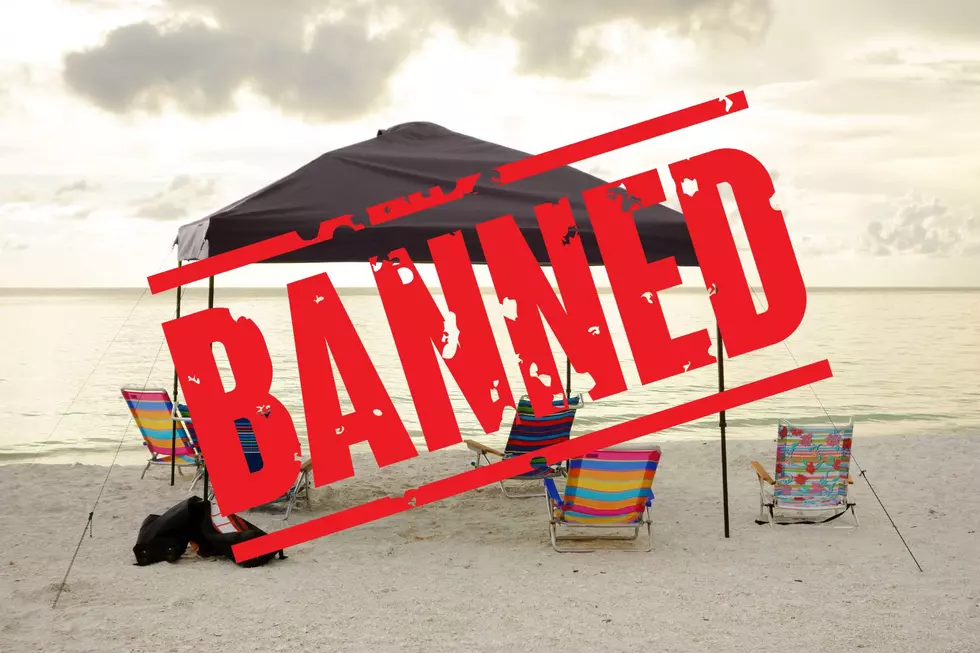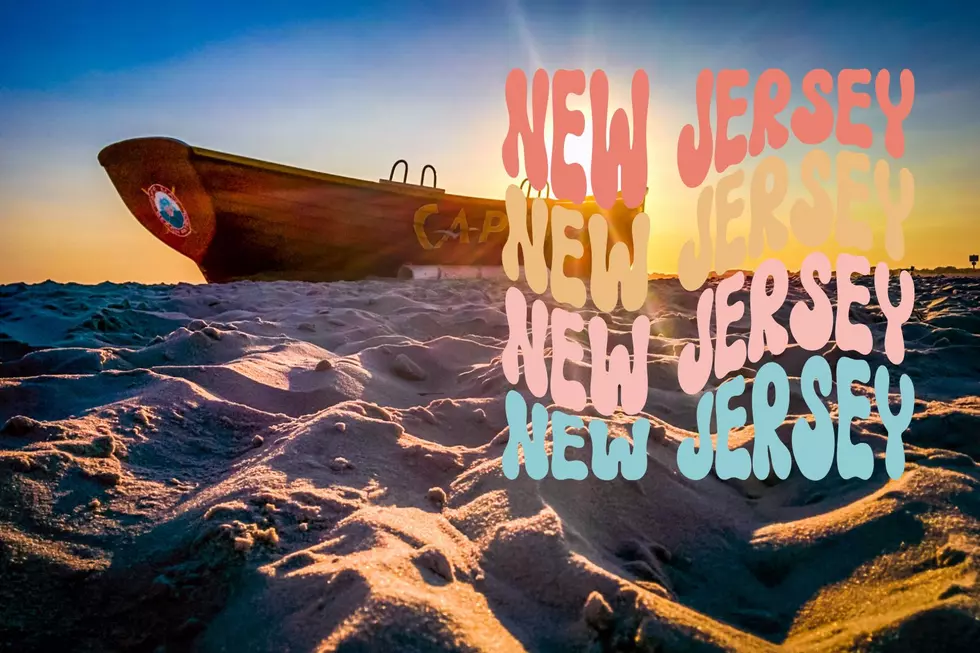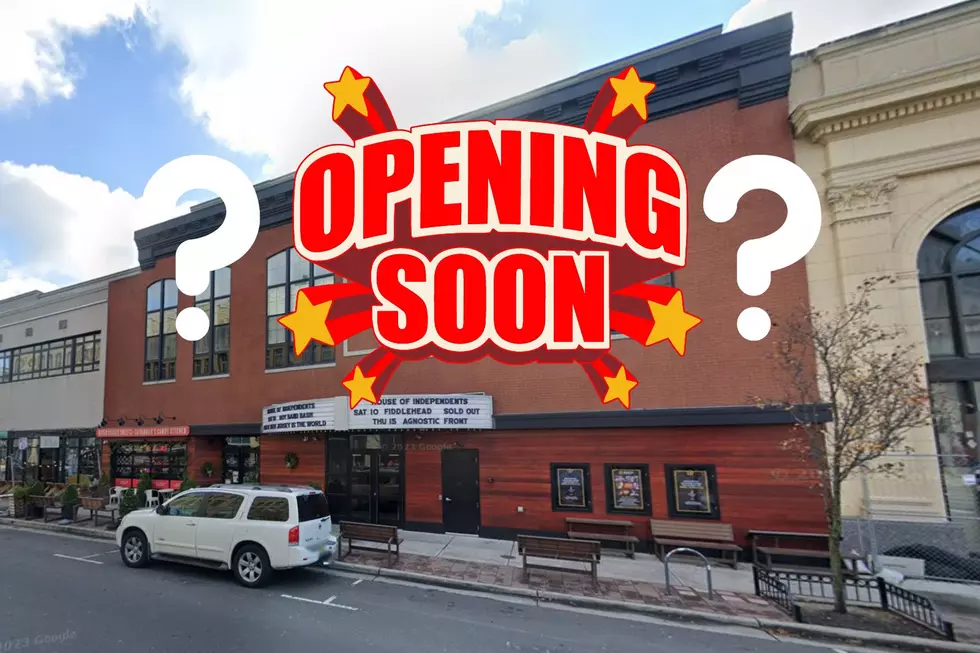
Asbury Park, Neptune, Lake Como, Long Branch among Jersey Shore places and people who’ve made difference in mission for equality


The year 2020 not only changed our society because of the Covid-19 pandemic but calls for social justice and equality changed policy's, protocols and procedures following the death of George Floyd in Minneapolis.
As we head through 2021, how we we use what we've seen, heard and learned not just in 2020 but in the decades preceding it to bring peace and equality for African Americans into our society?
Dr. Hettie Williams, Assistant Professor of African American Studies at Monmouth University, joined me recently for a discussion on Black History Month and how we can use what we've learned to change the world.
Monmouth County and the Jersey Shore have roots to the civil rights movement over the years as well as African Americans from the area who went on to change the world thru what they did in business, science, entertainment and more.
It starts with Dr. Walter McAfee, a scientist and mathematician who worked out of Camp Evans at Fort Monmouth and lived the remainder of his life in Lake Como, Monmouth County until his passing in 1995.
During his life, Dr. McAfee did a lot in the world of science and played a factor in the 'space-race'.
"He was one of the hidden figures of science," Dr. Williams said. "He worked on the important 'Project Diana' which was basically the pre cursor to the space race in the 1950's."
Dr. McAfee went onto to teach at Monmouth University and was "one of the few African Americans who were able to secure a degree", Dr. Williams said, which was a doctorate from Cornell in 1949.
His work during the space-race era is perhaps his biggest accomplishment, not just for the Jersey Shore but the U.S.A. and the world.
"What is significant about McAfee and the black scientists who worked with him is they actually started the space program. We tend to think of the 1950's and 1960's race to the moon and it actually began right here at the Jersey Shore with black scientists like McAfee," Dr. Williams said.
Dr. McAfee was also apart of 'Operation Moon Bounce' which was "developing the feasibility of bouncing signals off the moon and it actually started the space program," Dr. Williams said.
Asbury Park and Long Branch, where many visit the beaches, boardwalks and other entertainment venues, especially in the summer, was also host to some roots of the civil rights movement of the 20th century.
"I make the argument that the civil rights movement has its roots in New Jersey including on the Jersey Shore," Dr. Williams said. "Asbury Park was known to have one of the more active chapters of the NAACP, now known as the Asbury Park/Neptune chapter of the NAACP."
On one particular night in 1947, one of the black scientists who worked at Camp Evans found a cross burning in his yard, Dr. Williams explains, and then he called the NAACP, leading to a reaction from the local chapter.
"They came, they got together, about 27 members of the Asbury Park NAACP who actually got in their cars and they were armed when they came to this scientists home to protect him," Dr. Williams said.
This all factors into the larger scale civil rights movement, Dr. Williams explains, as there is a debate among historians as to how it was fought with non-violent direct action but she adds that there were members of the NAACP who did carry firearms.
Asbury Park and the Jersey Shore continued to have more of a local impact that eventually attributed to the civil rights movement across the country with what was happening here.
"Civil rights is one of the important stories that I think everyone should know because the civil rights movement is referred to as the struggle for black equality and it's a struggle that continues to the present with the Black Lives Matter movement," Dr. Williams said. "Folks should realize that is a larger continuum of history, it's not something new, there's always been struggles for black equality."
As the struggle for black equality continues in our community and society today, Dr. Williams feels things are in a better place than years ago but still far from equal.
"I think that there obviously has been progress but at the same time there has been setbacks in history," Dr. Williams said. "One of the areas of progress I would say has been in the acceptance of African American cultures including music culture. There's been a greater level of integration when it comes to black culture as oppose to social and economic integration."
New Jersey as a state has been ahead in heading towards the goal of racial equality, Dr. Williams explains, but it also reflects some of the divide found in our country.
"I would make the argument that New Jersey has been progressive in many ways but also a mirror to the nation in terms of setbacks," Dr. Williams said.
Dr. Williams says there may be a debate over whether Central Jersey exists, and that's an article for another day, but she explains that sometimes it feels like there's only two sections of New Jersey overall, that it's divided right down the middle.
"There are two states, the northern part of the state tends to resemble the northern part of the country where as South Jersey tends to resemble the southern part of the country," Dr. Williams said. "In its colonial history, it was really two entities that merged into one, so we have these two histories contained in the borders of the state and that's why I feel historians look more at the history of New Jersey to get a better understanding of how far the country has progressed."
So, how do we bridge the divide and bring society together for racial equality?
Education.
"Our public libraries are a great source of local history and they often keep primary source records that historians need to be able to tell the story of the past and many of our public libraries often have monthly programming. I know that each public library that I've done a talk for has monthly programming and it's usually themed, many are doing talks on African American history so I would say learn, educate yourself. It doesn't mean you have to be necessarily sitting in a college classroom, it could be that you sign up for one of these programs at our local libraries to learn more about the past," Dr. Williams said. "I think it's through history that we become better citizens."
Education is a key tool in achieving racial equality but Dr. Williams also explains that it's on us as a society to make it happen as well in life and in providing equal opportunities and hiring's for various types of jobs from education to pro-sports and beyond.
"The history of our country is bound up with the history of race and racism and at the core of it, we must accept the humanity of all people and I think that's at the root of discrimination," Dr. Williams said. "We have a fixed idea about an individual based on the color of their skin and we have to rid ourselves of those beliefs and accept that there is only one human race, homo-sapiens. The color of someone's skin is not seen as enough biological information to designate someone of a different race, that is an idea that we created...racists. We know that there is only a human race, we are all members of the human race and each person should have access and opportunity."
You can follow Vin Ebenau on Twitter and Instagram and email news tips to vin.ebenau@townsquaremedia.com.

NEXT: INSIDE JOE PESCI'S HILARIOUSLY OVER-THE-TOP LAVALLETTE MANSION
LOOK: GO INSIDE JON BON JOVI'S $20 MILLION MIDDLETOWN MANSION
Go Inside Mike 'The Situation's' NJ Mansion
TAKE A TOUR OF JON BON JOVI'S NEW $43 MILLION PALM BEACH MANSION
Jersey Shore Nor'easter 2021 Listener Pictures
9 REASONS NOT TO LIVE AT THE JERSEY SHORE
Peek Inside Snooki's New Toms River Waterfront Home
LOOK: See the iconic cars that debuted the year you were born
NEXT: The 100 Best Places to Live on the East Coast
KEEP READING: Here are the best places to retire in America


More From 105.7 The Hawk









